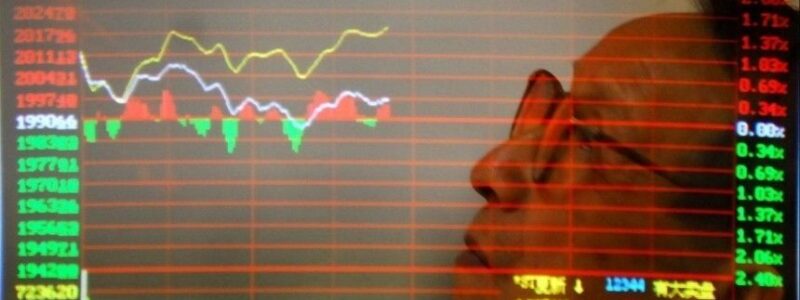
Stock indices of Asia-Pacific region do not show common dynamics at the trading on Wednesday.
Pressure on the market is growing fears of a new wave of banking crisis in the U.S. after the publication of reports First Republic Bank, which showed a sharp outflow of investors’ funds from deposits at the bank in the first quarter.
Investors’ attention is focused on the next meeting of the Bank of Japan, the results of which will be summarized on Friday. The day before the new head of the Japanese Central Bank Kazuo Ueda confirmed his intention to keep soft monetary policy in the country.
“Given the current economic, inflation and financial conditions, I think it is appropriate to maintain a soft policy with the current yield curve control,” Ueda said during a speech to a parliamentary committee on Tuesday.
In addition, the Political Bureau of the Chinese Communist Party is due to meet this week. Experts expect the ruling party leaders to focus on measures to improve business sentiment, boost employment and strengthen the housing market without additional stimulus.
Traditionally, the results of the meeting of the Politburo set the tone for the Chinese government policy in the coming months.
Chinese stock index Shanghai Composite gained 0,19% in the course of trading on Wednesday, the Hong Kong Hang Seng went up by 1,02%.
Leaders of the decline in mainland China are shares of technology companies: Dawning Information fell by 5.5%, 360 Security Technology fell by 3.1%, Inspur Electronic fell by 2.5% and iFLYTEK fell by 4.8%.
Shares of Chinese liquor maker Kweichow Moutai Co. are up 1.1% thanks to the company’s strong first-quarter report.
Aluminum Corp. of China gained 2.4 percent despite a decline in the aluminum maker’s net income and revenue last quarter.
In Hong Kong, shares of JD.Com (+4.1%), BYD Co. (+3.4%) and Geely Automobile (+3%) rose.
Hong Kong exports fell 1.5% to $367.2 billion in March, official data showed. The drop was recorded for the 11th month in a row, but its pace was the weakest since last May.
Imports fell 0.6%.
Japan’s Nikkei 225 stock index lost 0.7% in trading.
Shares of financial companies Mitsubishi UFJ Financial and Sumitomo Mitsui fell in price by 1.8% and 2.5% respectively.
The value of Nidec securities fell by 2.2%, Hitachi – 1.5%, Sony Group – 1.6%.
South Korea’s KOSPI stock index lost 0.06% in trading and Australia’s S&P/ASX 200 lost 0.05%.
Inflation in Australia slowed to 7% in the first quarter of 2023 from 7.8% in the fourth quarter of last year, according to released data. The rate of inflation in January-March was the slowest since the second quarter of 2022.